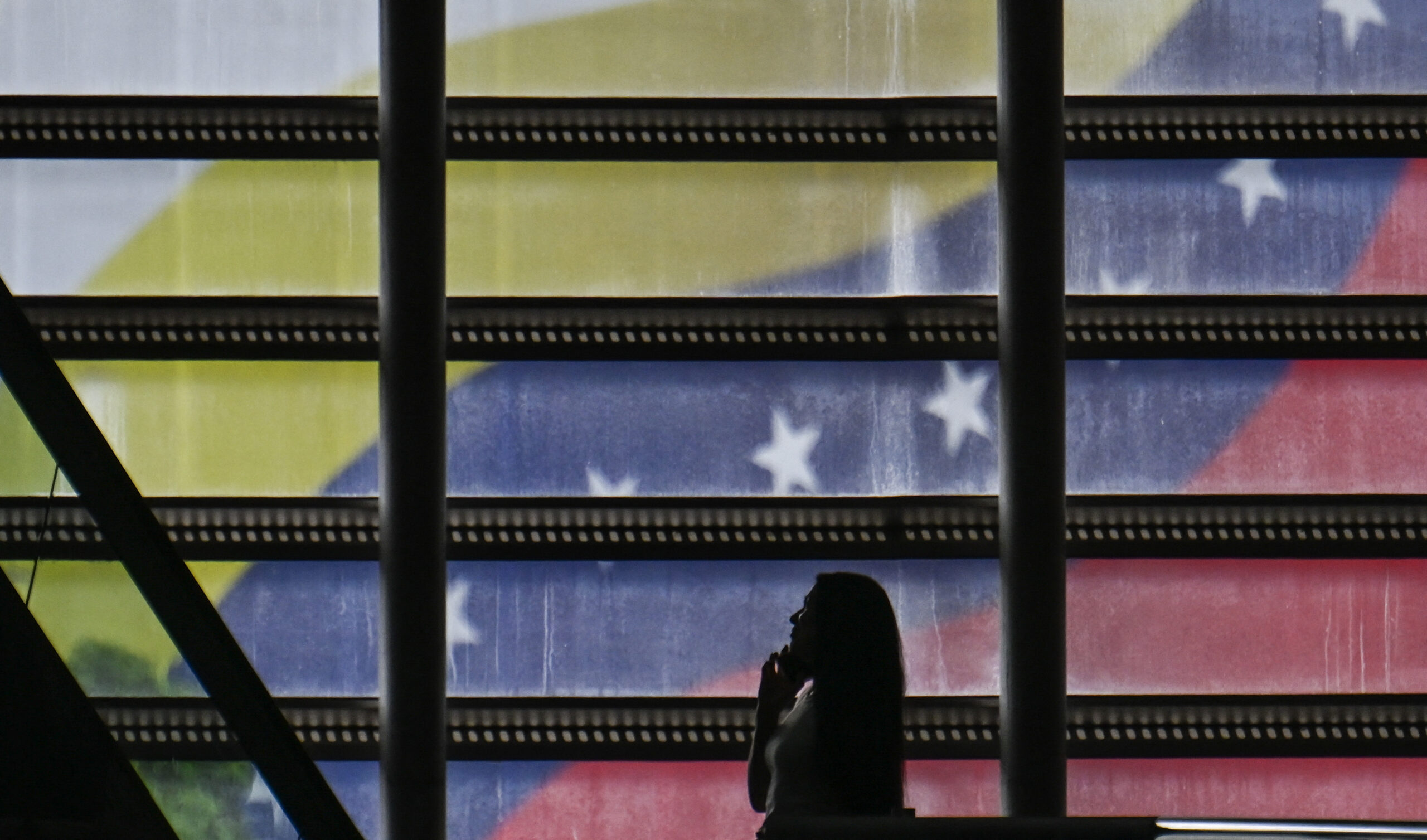Uribe and Chávez Ponder Third Terms
Uribe and Chávez Ponder Third Terms
President Hugo Chávez and his Colombian counterpart Álvaro Uribe may each seek reelection. Both command high approval ratings but face possible political and economic challenges in the coming year.
Despite representing opposing political spectrums in Latin America, Venezuelan President Hugo Chávez and his Colombian counterpart Álvaro Uribe both face quandaries over constitutional amendments to allow reelection bids. The neighboring leaders each command solid popularity ratings, with Chavez’s standing at roughly 57 percent and Uribe’s even higher at about 66 percent. Yet both face the impact of global economic problems that could chill voter confidence. Moreover, Uribe has encountered criticism over how the government handled a national “pyramid scheme scandal” while 2009 forecasts predict Chávez’s Venezuela faces the challenges of slumping oil prices and soaring inflation.
After losing key political posts in the November 23 municipal elections, Chávez asked his political party, the Partido Socialista Unido de Venezuela (PSUV), to support and amendment of article 230 of the constitution and allow him to chase a reelection bid—his second—in 2011. How constitutional experts describe the change illustrates political polarization in Venezuela. El Universal consulted constitutional law expert Gerardo Fernández, who questioned the legality of seeking reelection in a presidential term given that the proposal was rejected by popular vote in the December 2007 referendum. "The Constitution clearly states that when a reform is denied in a constitutional term, a similar initiative may not be taken until the following period. No rejected item may be submitted again to the people's will because it was expressed already," said Fernández.
On the other hand, PSUV lawyers and government officials support the modification and a new referendum to ratify it, calling the plan “a people’s proposal to consolidate the revolution.” Analysts believe that 2009 could be a difficult year for Chávez, given that falling crude oil prices could force his government to curtail social programs for the poor. As a result, reports El País, PSUV officials find themselves looking for the speediest way to secure Chávez’s reelection.
During a September 24 AS/COA luncheon, Uribe stated that “Colombia needs to reelect policies, not people.” Yet, while he has not publicly announced his intentions to run for his second reelection, he has done little to discourage supporters’ efforts to collect the necessary five million signatures on a petition to extend term limits. Colombia’s Congress began debating the proposal and contemplate two options: calling for a nationwide referendum or approving a constitutional amendment that would allow Uribe to run for office again in 2014 rather than 2010. According to a poll published by Angus Reid Global Monitor in November, more than 62 percent of Colombians support a third Uribe term while 34 percent oppose to.
El Espectador highlights that Germán Vargas Lleras, leader of the Cámbio Radical party and possible presidential candidate supports the reelection bid only if it is not consecutive. In addition, the President of the Inter-American Development bank and ex-Ambassador in Washington Luis Alberto Moreno voiced approval of Uribe returning to power if seeking office after taking a break for a term, El Tiempo reports. Semana covers how the Colombian political landscape could rearrange itself given that Uribe might not participate in the 2010 presidential campaign.
In a photo essay, the Financial Times chronicles Chávez’ 10 years in power since he was first elected president on December 6, 1998.
Read an AS/COA analysis of the recent municipal elections in Venezuela.








